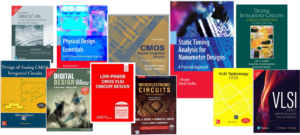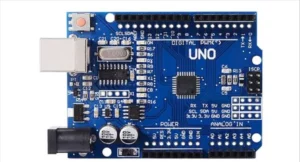Introduction
As the demand for chips rise, eventually there will be a rise in the manpower in the VLSI sector. This manpower needs a platform to hone skills before entering into the industry. The TechoVedas team has compiled a list of top 5 universities to pursue masters in VLSI.
There is no domain specific ranking out there for MS programs in integrated circuits but we have tried to pool and rank these universities based on three factors:
- Course curriculum
- Industry support
- GATE eligibility
In decreasing order of priority. We would be criticized much for not including enough US universities in the list. But one must understand the analogy that every country has its own strengths. If the Germans are domain experts of automobiles, similarly the East is well known for its expertise in novel electronics products and research.
Top 5 universities to pursue Masters in VLSI
1. National Yang Ming Chiao Tung University, Hsinchu, Taiwan (NYCU)
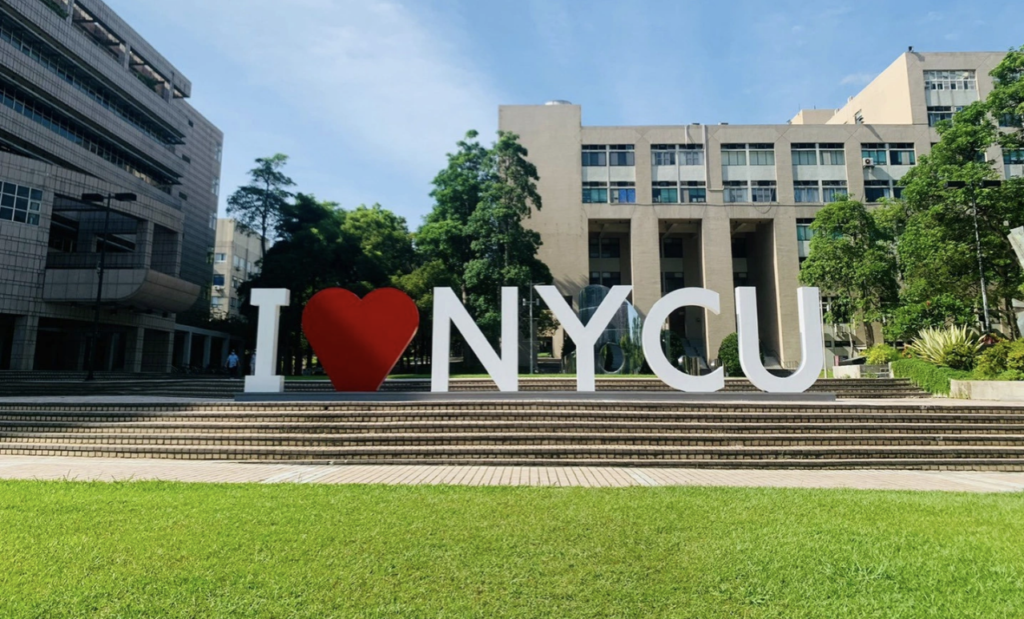
SOP & LoRs important
One of the best institutes in the world for pursuing masters in VLSI or Computer engineering in general. Taiwan is currently the leader in the world for semiconductor manufacturing and design. With constant funding and projects from TSMC this institute is making strides in chip innovation.
The Institute of Electrical and Computer Engineering (IECE) offers various programs and Electrical and Computer Engineering is one of them. The master’s program has two groups- A and B, and the Ph.D. program has three groups, A, B, and C.
A – Integrated Circuit and Sensing Elements
B – Artificial Intelligent and Computer Engineering
C – Biomedical Engineering
For now, we will focus on group A i.e., Integrated circuit and sensing elements. The Courses in the school of Electrical and Computer Engineering emphasize hands-on abilities in computer science/engineering, integrated circuits, and elements. The courses also cover various topics, including AI, semiconductors, IC design, memory design, biomedical electronics, and cutting-edge communication, to cultivate elites with interdisciplinary research abilities.
Read More: Masters by Research with Texas Instruments at IIT Madras
The course details for MS and PhD. Programs are as follows:
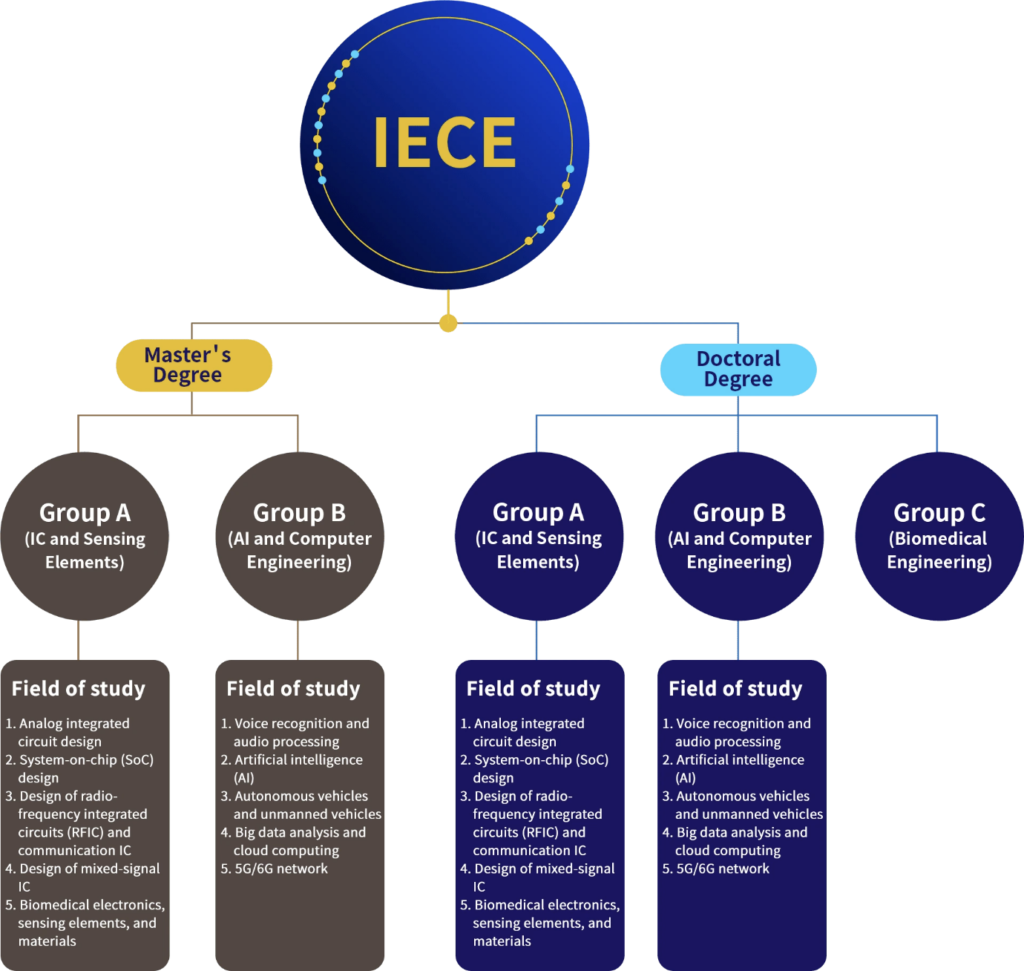
Website link – Electrical and Computer Engineering (nycu.edu.tw)
2. National University of Singapore, city-state, Singapore (NUS)

Gate score accepted
NUS is one of the best universities in the world not only for microelectronics but Architecture/Built Environment and Social Sciences as well. With a QS world university ranking of 8, NUS is soaring high in its quest for quality education.
The college of design and engineering provides MS in Electrical and computer engineering. Student may choose to take up M. Sc (Electrical Engineering) programme with or without an area of specialisation.
Read More: US vs. Europe: The pros and cons of doing a Master’s
The choice of specialisation is optional and decision is to be made only after being admitted and registered as a MSc (Elect Eng) candidate at NUS. Student may opt for one of the following Specialisations:
- Automation and Power engineering
- Information systems
- Nanoelectronics
Website: Electrical and Computer Engineering (nus.edu.sg)
3. Technical University of Munich | Nanyang Technological University (joint degree program)

Gate score accepted
TU Munich is Germany’s best technical university. The Germans are experts in automobile engineering and automobiles these days are no different than moving smart devices. Smart device employs IoT and IoT is nothing but interconnection of electronics. You see where this is going…
To cater to the demand of VLSI engineers in the tech industry, TU Munich has collaborated with Nanyang Technological University, Singapore to offer a joint degree program in Integrated circuit design.
This degree is a 2-year full-time programme. Students must complete their coursework, 3-month internship and 6-month of Master Thesis writing to qualify for graduation. Its worthy to note that the program is conducted in Singapore and covers analog to digital and mixed-circuit design over architectural concepts for integrated circuits to design methodology and automation.
Find the course brochure here: TUM Asia course brochure
Website: Master of Science in Integrated Circuit Design | TUM Asia (tum-asia.edu.sg)
4. California Institute of Technology (Caltech)

GRE not necessary
Bringing the underdog to the forefront, Caltech university is one of the best institutes in America with industry support. With a QS ranking of 15, it’s division of engineering and applied science offers masters degree in Electrical engineering.
There are two prominent research groups at Caltech for VLSI:
Apart from the research groups there are a variety of courses offered at Caltech including
- Digital Circuit Design with FPGAs and VHDL,
- Introduction to the Micro/Nanofabrication Lab,
- Quantum Photonics,
- Quantum Electrical Circuits,
The entire list can be found here: Courses | Electrical Engineering (caltech.edu)
It is worthy to note admission to graduate studies in electrical engineering at Caltech is extremely competitive. Seeing this in mind the Admissions Committee attempts to select those applicants it judges both best qualified and best suited for the graduate program. GRE scores are not necessary.
Website: Graduate Program | Electrical Engineering (caltech.edu)
RWTH Achen University, Achen, Germany

Gate score accepted
Aachen is a spa city near Germany’s borders with Belgium and the Netherlands. We will apologize for putting this university at the last because this university stands out for its unparalleled course structure. Any university stands out because of the courses it offers. If the courses are aligned with the latest industry needs then rankings matter less. RWTH Achen does just this!
The university offers MS degree in Electrical, information technology and computer engineering with majors in many fields. Our concern now is two of them namely
- Micro- and Nanoelectronics (MINA)
- Computer Engineering (COMP)
Both these programs are equipped with latest courses. The MINA course offers five study profiles
- Design
- Technology
- Neuromorphic hardware
- Optoelectronics
- Quantum Technology
Students can choose the array of subjects marked under their profile. Many subjects like Logic & memories, VLSI design is common in all profiles. A clear understanding of the subjects being taught can be obtained from the links below.
Note that an ‘X’ next to a subject in the profile indicates it is included in that profile’s study list.
Special Mention – University of Tokyo, Tokyo Japan

This university hails with a QS ranking of 28. It offers one of the most advanced courses in the world for Electrical and electronic engineering. The only reason we didn’t include it in our top 5 list is because of the language barrier for Japanese and the temporarily prevailing inflation rate there.
The Department of Electrical Engineering and Information Systems (EEIS) offers two courses and eight fields, making it one of the few universities to provide such a diverse set of research areas. The courses are summarized as follows:
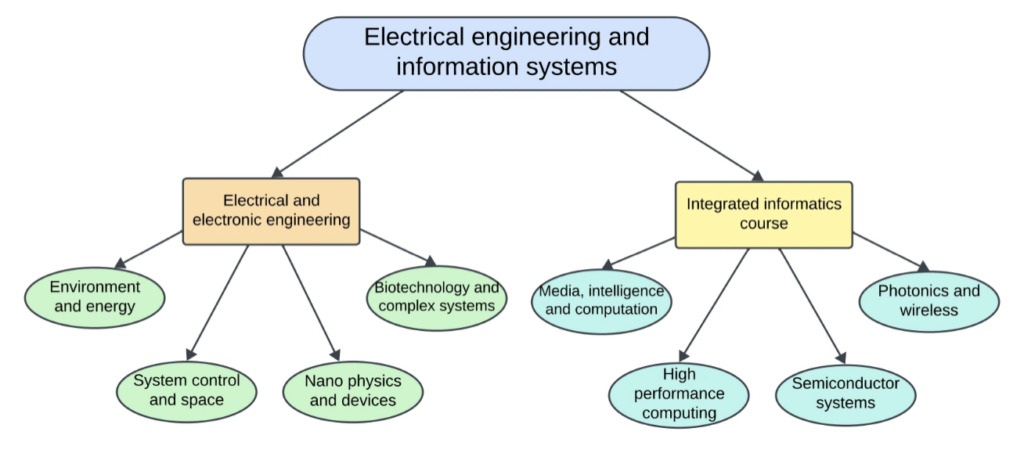
If one manages to avail the MEXT scholarship given by the Japanese embassy then Study in Japan is one of the best programs out there for students at all levels of study. This scholarship requires a Japanese and an English proficiency test and in return the embassy offers:
- To and fro tickets from home country to Japan
- Wavier of enrolment and university fees
- A monthly stipend of 144,000 yen/month (Approx. Rs.87,600)
Relevant links:
University of Tokyo EEIS (u-tokyo.ac.jp)
Embassy of Japan in India (emb-japan.go.jp)
Conclusion
The master’s degree which you call VLSI in India has got various names like electrical & computer engineering, integrated circuit design, micro & nano-electronics etc. outside. Although we have included top 5 universities to pursue masters in VLSI program links, one must be careful while navigating through the MS programs in the respective admission portals.


